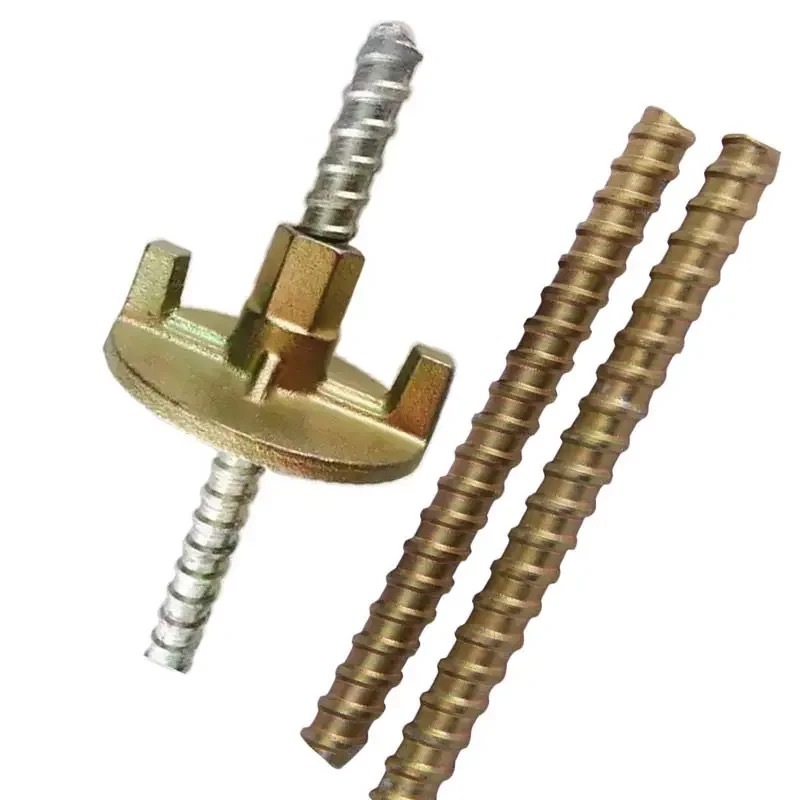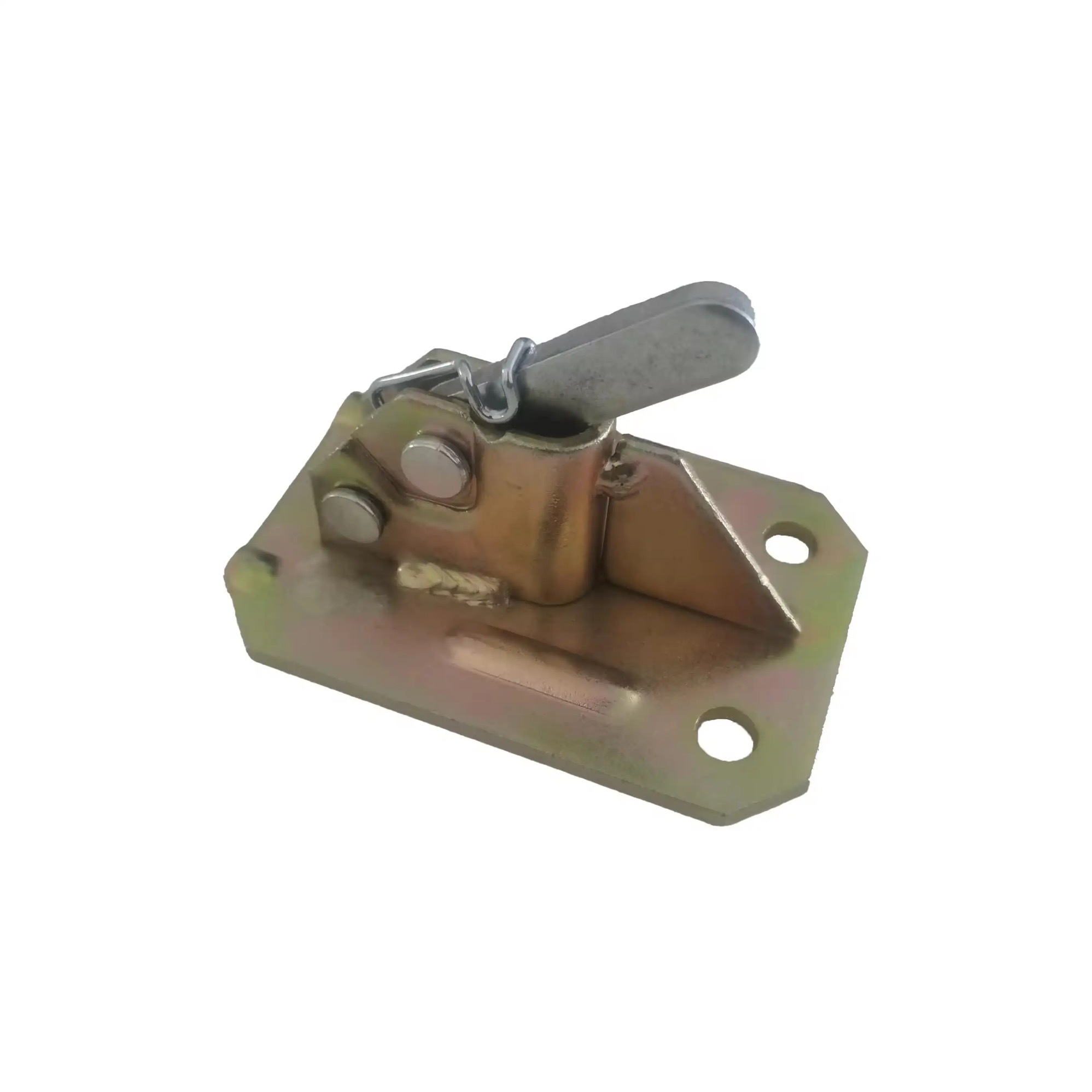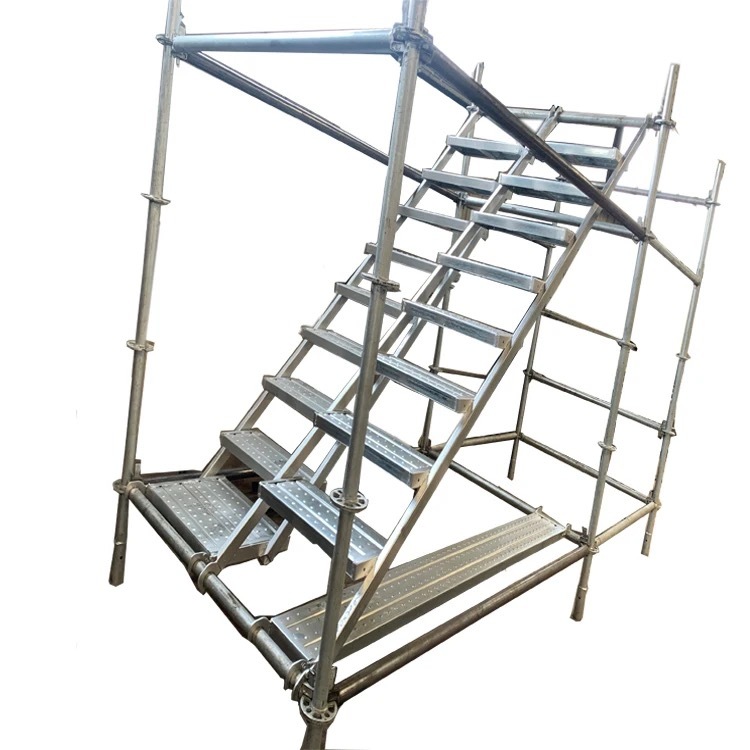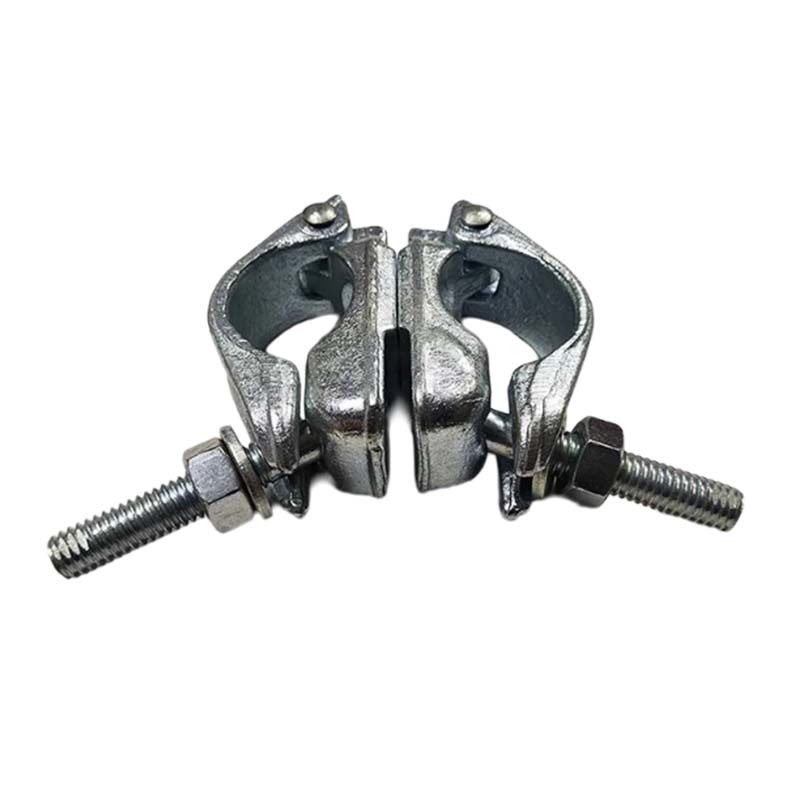A Comprehensive Guide to Choosing the Right Disc Nut for Your Project
A Comprehensive Guide to Choosing the Right Disc Nut for Your Project Table of Contents 1. Understanding Disc Nuts: What Are They? 2. The Importance of Selecting the Right Disc Nut 3. Types of Disc Nuts: A Detailed Overview 3.1 Standard Disc Nuts 3.2 Locking Disc Nuts 3.3 Wing Nuts for Easy Installation 4. Materials Used in the Manufacturing of Disc Nuts 4.1 Steel Disc Nuts 4.2 Stainless Steel Opt

A Comprehensive Guide to Choosing the Right Disc Nut for Your Project
Table of Contents
1. Understanding Disc Nuts: What Are They?
2. The Importance of Selecting the Right Disc Nut
3. Types of Disc Nuts: A Detailed Overview
3.1 Standard Disc Nuts
3.2 Locking Disc Nuts
3.3 Wing Nuts for Easy Installation
4. Materials Used in the Manufacturing of Disc Nuts
4.1 Steel Disc Nuts
4.2 Stainless Steel Options
4.3 Plastic and Composite Variants
5. Key Considerations When Choosing Disc Nuts
5.1 Load Capacity and Strength Ratings
5.2 Environment and Corrosion Resistance
5.3 Compatibility with Other Fasteners
6. Application-Specific Disc Nut Recommendations
6.1 Automotive Industry Applications
6.2 Construction and Heavy Machinery
6.3 Household and DIY Projects
7. Installation Tips and Best Practices
8. Frequently Asked Questions (FAQs)
9. Conclusion: Making the Right Choice for Your Project
1. Understanding Disc Nuts: What Are They?
Disc nuts are a type of fastener characterized by their flat, circular shape, designed to be used with bolts or threaded rods. They provide a broad bearing surface that helps distribute the load evenly, reducing the likelihood of damage to the materials being fastened. Disc nuts come in various styles, such as standard, locking, and wing nuts, each serving specific purposes. Understanding the fundamental properties of disc nuts is crucial for selecting the appropriate type for your project.
2. The Importance of Selecting the Right Disc Nut
Choosing the correct disc nut is vital for any project involving fastening components. The wrong choice can lead to mechanical failures, safety hazards, and increased maintenance costs. By selecting the right disc nut, you ensure that your assembly remains secure and functional over time. Additionally, the right fastener can enhance the longevity of the components involved, leading to a more efficient and cost-effective operation.
3. Types of Disc Nuts: A Detailed Overview
Disc nuts can be categorized into several types, each designed for specific applications and environments. Understanding these types will help you make an informed decision based on your project's requirements.
3.1 Standard Disc Nuts
Standard disc nuts are the most common type used in a variety of applications. They are typically made from steel or other durable materials and are suitable for general fastening tasks. Standard disc nuts provide reliable performance for a wide range of load requirements.
3.2 Locking Disc Nuts
Locking disc nuts feature special designs that prevent them from loosening due to vibration or movement. Their locking mechanism can include nylon inserts or serrated edges that grip the bolt threads. These nuts are ideal for applications where vibration is a concern, ensuring that your assembly stays intact even under stress.
3.3 Wing Nuts for Easy Installation
Wing nuts are designed for quick and easy hand tightening, making them an excellent choice for applications where frequent adjustments are necessary. Their unique winged shape allows for easy manual operation without the need for tools, providing convenience in various settings.
4. Materials Used in the Manufacturing of Disc Nuts
The material used in manufacturing disc nuts plays a critical role in their performance, strength, and resistance to environmental factors. Here, we explore some common materials used in disc nut production.
4.1 Steel Disc Nuts
Steel disc nuts offer excellent strength and rigidity, making them suitable for high-load applications. They are commonly used in heavy machinery and construction projects. However, they may require additional treatment to resist corrosion, especially in outdoor environments.
4.2 Stainless Steel Options
Stainless steel disc nuts provide enhanced corrosion resistance, making them ideal for applications exposed to moisture or chemicals. They maintain their integrity in harsh environments, such as marine or food processing industries, where corrosion can be a significant concern.
4.3 Plastic and Composite Variants
Plastic and composite disc nuts are often used in lightweight applications where weight savings are critical. These materials resist corrosion and can be excellent electrical insulators. While they may not offer the same load capacity as metal options, they serve well in specific environments such as electronics and automotive applications.
5. Key Considerations When Choosing Disc Nuts
Selecting the right disc nut involves multiple considerations to ensure optimal performance and safety. Here are key factors to keep in mind:
5.1 Load Capacity and Strength Ratings
Understanding the load capacity and strength ratings of your chosen disc nut is fundamental. Refer to manufacturer specifications to ensure the nut can handle the intended load without risk of failure.
5.2 Environment and Corrosion Resistance
Evaluate the environment in which the disc nut will be used. If exposure to moisture, chemicals, or extreme temperatures is expected, choose materials that provide adequate corrosion resistance to ensure longevity and reliability.
5.3 Compatibility with Other Fasteners
Ensure your selected disc nut is compatible with other components in your assembly, such as bolts and washers. Using mismatched parts can lead to compromised performance and safety risks.
6. Application-Specific Disc Nut Recommendations
Different projects may require specific types of disc nuts based on their unique demands. Below are recommendations based on common applications:
6.1 Automotive Industry Applications
In the automotive industry, locking disc nuts are often used to prevent loosening due to vibrations from the engine and road conditions. They provide a secure fastening solution essential for vehicle safety.
6.2 Construction and Heavy Machinery
In construction, standard steel disc nuts are prevalent due to their strength and durability. They are used in various applications, from assembling scaffolding to securing heavy machinery.
6.3 Household and DIY Projects
For household projects, wing nuts are a popular choice for applications requiring frequent adjustments. Their ease of use makes them perfect for assembling furniture or installing fixtures without additional tools.
7. Installation Tips and Best Practices
Proper installation of disc nuts is crucial for ensuring their effectiveness. Here are some best practices to follow:
- Always ensure that the threaded rod or bolt is clean and free from debris to allow for a secure fit.
- Apply the appropriate torque when tightening to avoid over-tightening, which can lead to stripping threads or damaging components.
- If using locking disc nuts, ensure they are correctly positioned according to the manufacturer’s guidelines to maximize their locking capability.
- Periodically check and maintain fasteners in high-vibration applications to ensure they remain secure.
8. Frequently Asked Questions (FAQs)
What is a disc nut?
A disc nut is a flat, circular fastener used to secure components together, typically used with bolts or threaded rods.
What are the different types of disc nuts?
Common types include standard disc nuts, locking disc nuts, and wing nuts, each suited for specific applications.
What materials are disc nuts made from?
Disc nuts are commonly made from steel, stainless steel, and plastic or composite materials, each offering different benefits.
How do I know the right load capacity for my disc nut?
Consult manufacturer specifications to determine the load capacity and strength ratings for your selected disc nut to ensure safety and reliability.
Are locking disc nuts necessary for all applications?
Locking disc nuts are essential for applications subject to vibrations, while standard nuts may suffice for more stable environments.
9. Conclusion: Making the Right Choice for Your Project
Selecting the right disc nut is a critical step in ensuring the safety, functionality, and longevity of your projects. By understanding the types, materials, and considerations involved, you can make informed decisions that cater to your specific needs. Whether you are working in the automotive, construction, or DIY fields, the right disc nut will help you achieve optimal results. Take the time to evaluate your options and choose wisely, knowing that the right fastener can make all the difference in the success of your project.
Key words:
PRODUCT SEARCH
Search And Quickly Find The Products You Need
With advantages in technology, quality, and service, the company is steadily advancing in the industry, continuously providing high-quality hydraulic rubber products and services to global customers, demonstrating strong development potential and broad market prospects.











